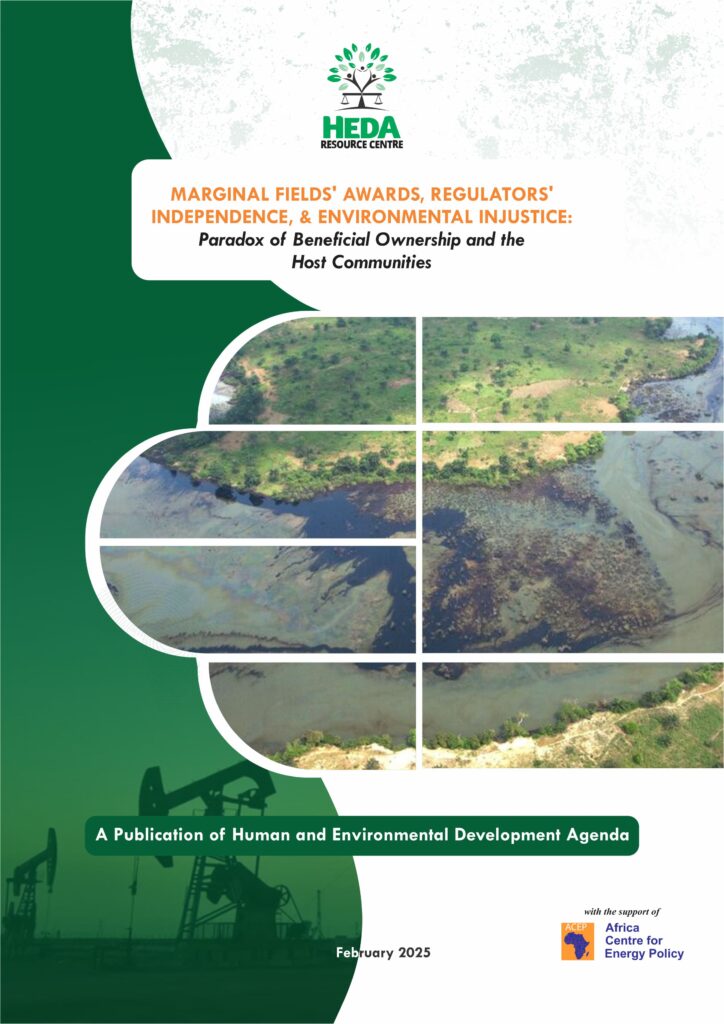OPEN LETTER
Dear Decade of Gas Secretariat,
Open Letter Commending the Secretariat and Calling for Detailed Action Plans on Decade of Gas
We, the undersigned coalition of civil society organizations, commend the Federal Government and the Decade of Gas Secretariat (DoGAS) for the successful launch of the Decade of Gas website, a crucial platform outlining efforts against governments gas plans for 2021 to 2030, and disclosing the decarbonisation and gas supply strategies which will be implemented within 24 months by the execution committee.
In line with President Bola Ahmed Tinubu’s commitment to advancing the Nigeria Gas Master Plan, we previously urged the then-incoming administration to develop and present a comprehensive and transparent strategy for achieving Nigeria’s gas plans. We are pleased to observe that the Decade of Gas Secretariat has responded positively by adopting some of the recommendations from our series of publications, convenings, and dialogues between July 2023 and May 2024.
While we commend the progress made, we also recognize that some critical demands remain unaddressed, such as potential risks and alignment of the gas plans to Nigeria’s energy transition plan, among others.
The coalition, therefore, calls on the Federal Government and the Decade of Gas Secretariat to:
- Publish a comprehensive action plan for the DoGas over the 24-month stated implementation period especially for the Nigerian Gas Flare Commercialization Programme (NGFCP) and the Presidential Compressed Natural Gas (CNG) initiative.
- In addition to the national agenda, assure impact and visibility on the subnational government agendas and align with the government’s energy transition plans including the Energy Transition Plan 2060, Long Term Vision 2050 and the Nationally Determined Contribution (NDC).
- Provide clarity on a financing pathway for necessary investments in Compressed Natural Gas (CNG), Liquefied Petroleum Gas (LPG) and petrochemicals infrastructure.
- Include methane abatement financing strategies in its decarbonization framework in line with Nigeria’s climate change commitments.
- Ensure the viability of the proposed twenty (20) priority gas projects to prevent potential of stranded assets considering shrinking global markets for fossil fuel energy sources.
- Strengthen methane abatement to keep gas exports competitive and retain access to major export markets considering upcoming stringent regulations on high-emitting cargoes by the EU, and the potential for similar actions by other markets.
- Develop and implement mitigation strategies for environmental, social and health risks associated with gas use and mainstream gender and youth-based approaches, integrating these into gas policies.
- Launch comprehensive public education campaigns focusing on gas safety and benefits, targeting all sectors, especially the non-power sector, such as residential, transport and commercial sectors.
- Outline improved strategies for engaging civil society organizations (CSOs), media, communities, women, youth and other stakeholders in policy monitoring and accountability.
We remain committed to engaging and collaborating with the Decade of Gas Secretariat and the government to achieve these goals. By addressing these demands and incorporating diverse stakeholder perspectives, including those of marginalized communities and vulnerable groups, we can build a sustainable and equitable gas sector that benefits all Nigerians while recognizing the imperative of the energy transition.
- Signed by:
Natural Resource Governance Institute (NRGI) – Tengi George-Ikoli
African Initiative for Transparency, Accountability and Responsible Leadership (AFRITAL) – Dr. Louis Ogbeifun
Centre for Transparency Advocacy (CTA) and Women in Extractives (WiE) – Faith Nwadishi
PeaceFront for Development Initiative (Youth Forum on EITI) – Maife Lincoln
BudgIT Foundation – Enebi Opaluwa
Centre for Environment Human Rights and Development (CEHRD) – A. Cookey
Centre for Journalism Innovation and Development (CJID) – Felicia Dairo
Policy Alert – Tijah Bolton
Stakeholder Democracy Network (SDN) – Alexander Sewell
Healthy Life Development Initiative (HELDi) – Dr. Mfon Utin
Extractive 360 – Juliet Ukanwosu
Youths and Environmental Advocacy Centre (YEAC-Nigeria) – Fyneface Dumnamene
Paradigm Leadership Support Initiative (PLSI) – Olusegun Elemo
HEDA Resource Centre – Olanrewaju Suraju



